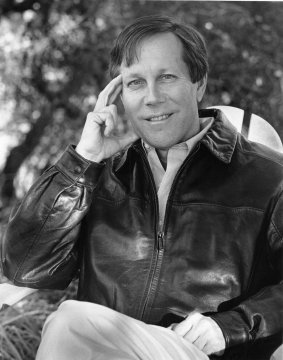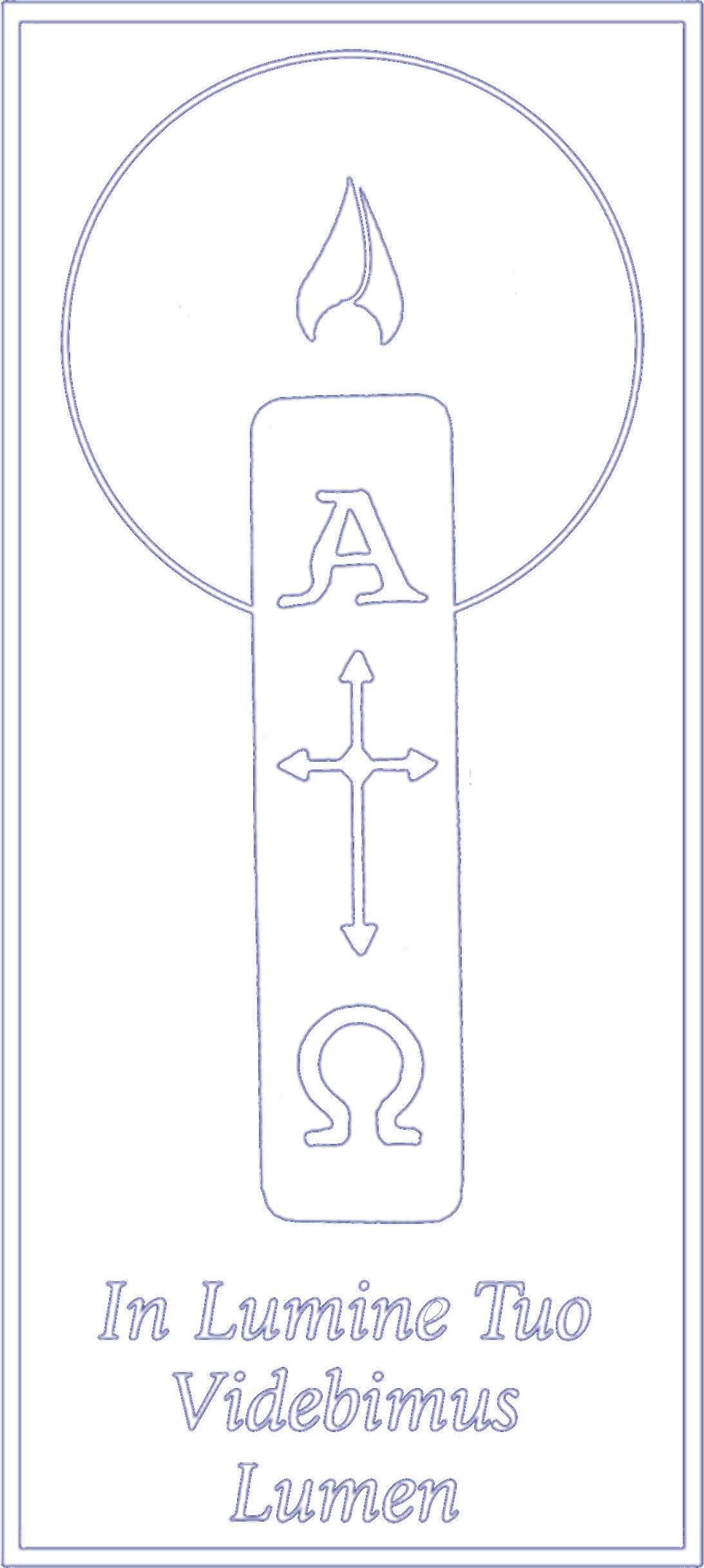The Divine is Everywhere

Read the Chicago Maroon article about Dana Gioia’s visit to the University of Chicago HERE.
Dana Gioia—award-winning poet (American Book Award, 2002; Notre Dame’s Laetare Medal Recipient, 2010) and former Chairman of the National Endowment for the Arts—takes the faith seriously. During his career as a businessman and later when living in Washington D.C., he drew strength from rereading Augustine’s City of God, helping him resist the lust for wealth, power, and status that tempts many who find themselves in corporate America and the nation’s capital.
Gioia eschews an understanding of the faith that is glib and glossy, that doesn’t explore the dark and squalid aspects of human nature, as well as the terrifyingly beautiful. In a recent interview for the literary journal Image, Gioia says: “I am not drawn to the stage business of Catholicism—its pomp and circumstance.” Furthermore, he says of his own writing: “I write from the daily particulars of real life. You shouldn’t have to visit the Vatican to sense the divine. It is everywhere if you know how to look.”
Indeed, Gioia has an uncanny ability to see the hand of the divine everywhere: in shopping malls, in ghost stories, even in the horoscope column of a newspaper.
In sorrow and suffering, too, Gioia finds the hand of God waking the soul to the spiritual.
Blessed is the pain that humbles us.
Blessed is the distance that bars our joy.
Blessed is this shortest day that makes us long for light.
Blessed is the love that in losing we discover.
Of his poem “Prayer at Winter Solstice” published in his latest book Pity the Beautiful, he says: “It is a set of beatitudes that praise the suffering and renunciation necessary to make us spiritually alert… .It is also a poem about facing the hard realities of our existence. Our feel-good society tries to deny suffering.”
Beauty, suffering—everything offers the opportunity for grace.
“The notion of suddenly being ‘saved’ feels alien to a Catholic who sees life as a pilgrimage in which each step forward can easily be followed by a fall backward from grace. For that reason the great Catholic writers characteristically write about the experience of sinners rather than the saints, often people of great spiritual capacity who have lost their way,” he says, arguing for a faith that embraces the realities of damnation and salvation. “The great theme of Catholic imaginative literature is the violent and painful struggle for redemption in a fallen world.”
******************************
- On October 17, 2013, Dana Gioia gave a luncheon talk on “Why Beauty Matters: Not Just to Artists But to Everyone, Even Politicians” at the University Club of Chicago.
- Later that evening, he gave a poetry reading at Gavin House, home of the Lumen Christi Institute in Hyde Park.
- On October 18, 2014, Gioia taught a seminar on “What is Catholic Poetry?” to students at the University of Chicago.





